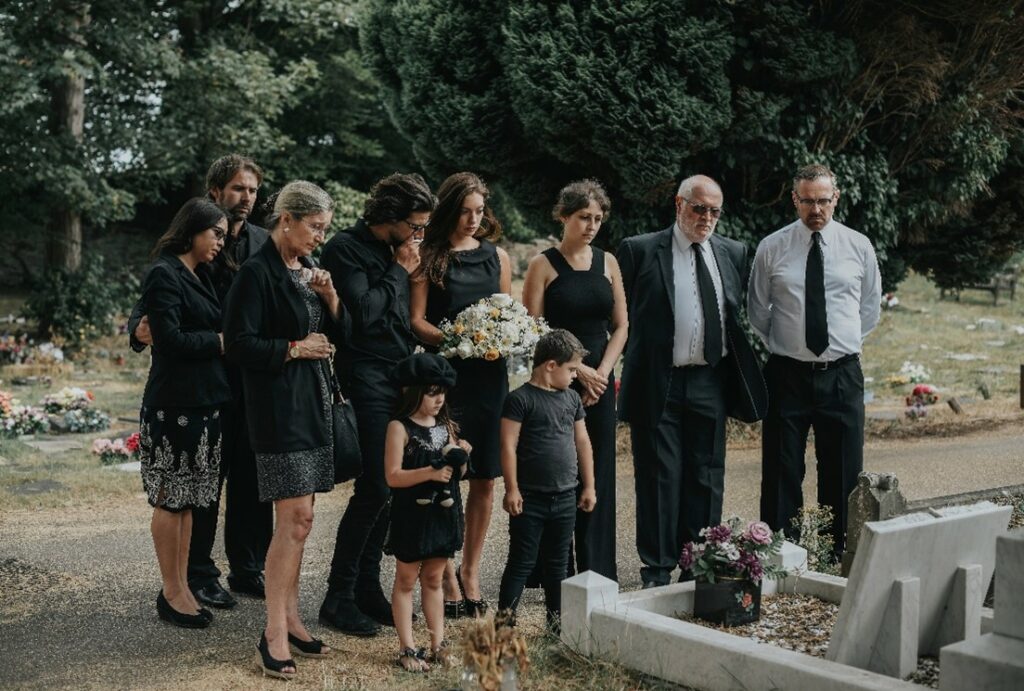
Most states have laws that specifically delineate who can file a lawsuit and recover damages when a wrongful death occurs. Although it seems like common sense that all relatives of the deceased person should be able to recover for the loss of their loved one, this is not the case in most states. And, even in states that allow more relatives to recover monetary damages for the loss of their loved one, there are specific laws that only allow a certain person to file and pursue the lawsuit.
Estate Representative
Most states require that an action for wrongful death must be brought only by the estate representative of the deceased. This means that before a lawsuit can be filed, an estate must be set up in the court system and an estate representative must be appointed by the court. This takes time to file the appropriate action in court to set up the estate and have that representative appointed or designated.
Often, a surviving spouse or adult child will be appointed as the estate representative. Once the estate representative is appointed by the court, any law suit must be brought ONLY in the name of the estate through the estate representative. If a recovery is made by the estate representative in the wrongful death law suit, those monies are then distributed by the estate to all of the heirs that are legally entitled to receive a recovery in the action.
No Estate Representative in Louisiana
Louisiana does NOT require that an estate be set up or that an estate representative file the action on behalf of the heirs. Instead, Louisiana has set up a specific class of individuals who may bring an action and seek recovery for the wrongful death of an individual.
Louisiana Civil Code Article 2315. 2 regarding the wrongful death action provides:
A. If a person dies due to the fault of another, suit may be brought by the following persons to recover damages which they sustained as a result of the death:
(1) The surviving spouse and child or children of the deceased, or either the spouse or the child or children.
(2) The surviving father and mother of the deceased, or either of them if he left no spouse or child surviving.
(3) The surviving brothers and sisters of the deceased, or any of them, if he left no spouse, child, or parent surviving.
(4) The surviving grandfathers and grandmothers of the deceased, or any of them, if he left no spouse, child, parent, or sibling surviving.
B. The right of action granted by this Article prescribes one year from the death of the deceased.
C. The right of action granted under this Article is heritable, but the inheritance of it neither interrupts nor prolongs the prescriptive period defined in this Article.
D. As used in this Article, the words "child", "brother", "sister", "father", "mother", "grandfather", and "grandmother" include a child, brother, sister, father, mother, grandfather, and grandmother by adoption, respectively.
E. For purposes of this Article, a father or mother who has abandoned the deceased during his minority is deemed not to have survived him.
This means that if a person died with a spouse and children, ONLY the spouse and children can bring the claim or recover monetary damages. The deceased person’s parents or brothers and sisters HAVE NO CLAIM FOR WRONGFUL DEATH damages in Louisiana if that person left a spouse or children or both.
This is not a fair or just law because it assumes that a parent or sibling has not suffered a loss for the death of their child or sibling. It is particularly unfair when a young person who is recently married dies due to the fault of another and the parents of that young person who raised their child are not allowed to recover for the loss of their child.
